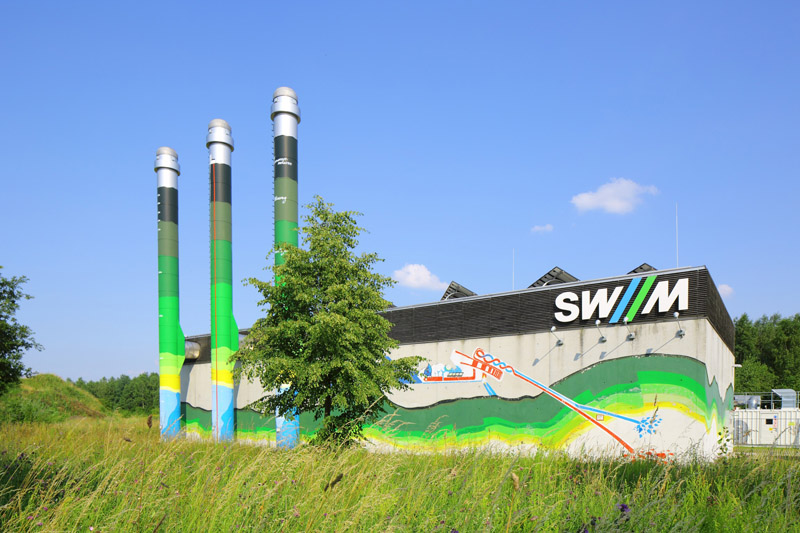Around three quarters of the heat consumed in Germany currently comes from fossil fuels such as natural gas, oil and coal. Space and water heating accounts for 33.4% of the total consumption, resulting in a total consumption of 87 to 89 tons of CO2 per year for this sector. Therefore, there is great savings potential both in heat generation and in its use. According to the study published today by the LIAG – a summary evaluation of existing potential studies – geothermal energy in particular offers a promising opportunity to increase the share of renewable energies in the overall heat consumption. Currently, only about 1.5% of green heat is obtained with this technology – only 10% of renewable energy comes from geothermal energy.
The Leibnitz Institute for Applied Geophysics further argues that without a drastic and temporary expansion of near-surface, medium and deep geothermal energy by 2045, there will be a supply gap of at least 138 terawatt hours per year.
According to Prof. Dr. Inga Moeck, Head of the Geothermics Department and author of the study, technologies already established in the industry could be used to cover 42% of the eco-heat for space heating and hot water preparation. Various measures must be taken to achieve this: On the one hand, the share of geothermal heat pumps must be increased from the current almost 30% to a good 50%.
These are significantly more efficient, especially in winter, than the air-to-water heat pumps commonly used to date, which would save 4 terawatt hours per year. On the other hand, efforts should be made to replace gas, oil and coal heating with geothermal energy. However, these measures should be accompanied by savings of the total heat requirement of initially 3% per year and from 2030 of 1% per year, which must be achieved through the renovation of buildings and the modernization of heating networks.
A preprint of the study can be found here here .
–
 –
–
Wannabe Internet Specialist. alcohol nerd. Hardcore coffee advocate. Devoted Twitter enthusiast.
—- –


